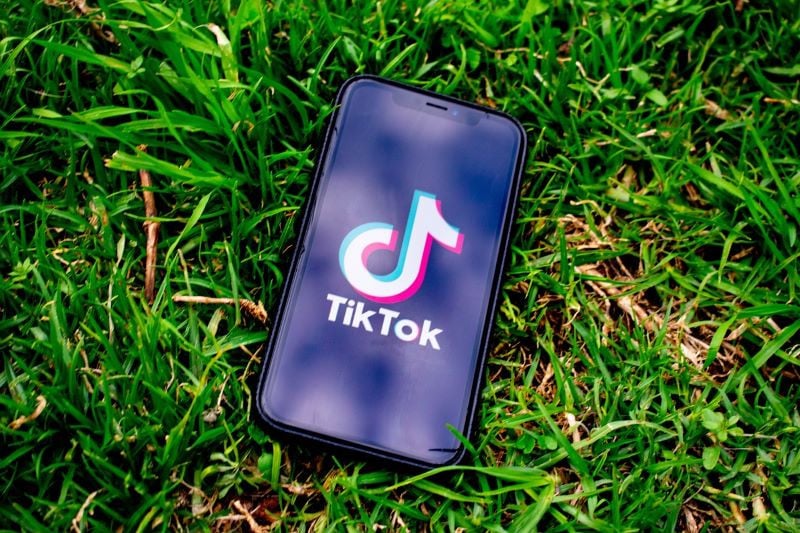
US Appeals Court Ruling Brings TikTok Ban Closer to Reality
In a pivotal decision, the US Court of Appeals for the District of Columbia Circuit upheld legislation requiring TikTok’s Chinese parent company, ByteDance, to sell the platform to a non-Chinese entity or face a potential US ban by January 19, 2025. The law, signed by President Joe Biden in April 2024, aims to address national security concerns tied to TikTok’s alleged ties to the Chinese government.
Court Rejects TikTok's Constitutional Claims
TikTok argued that the ban violates the First and Fifth Amendments, but the three-judge panel dismissed these claims, stating the legislation addresses a “specific national security concern” without suppressing free speech or content. The court supported Congress’s authority to mandate divestment to protect US interests, emphasizing the risk of covert manipulation of TikTok’s algorithm by the Chinese government.
What Happens Next?
If ByteDance does not sell TikTok by the deadline, US app stores and internet service providers could face fines for hosting the platform. The Biden administration may issue a one-time extension, but without a divestment, a nationwide ban could be enforced.
TikTok spokesperson Michael Hughes expressed disappointment in the ruling, signaling an intent to appeal to the Supreme Court. "The TikTok ban, unless stopped, will silence the voices of over 170 million Americans here in the US and globally," Hughes stated.
ByteDance's Resistance and Security Concerns
ByteDance has repeatedly refused to sell TikTok, despite increasing scrutiny from US lawmakers. Critics argue that the platform poses a national security threat, alleging that ByteDance could share user data with the Chinese government or manipulate TikTok’s algorithm for propaganda.
In defense, TikTok claimed to have negotiated a security deal with US officials, but the court sided with the government’s assertion that the proposed agreement was insufficient.
Industry and User Reactions
Industry analysts predict a TikTok ban could dramatically shift the social media landscape, benefitting rivals like Meta, YouTube, and Snap. However, content creators and small businesses reliant on TikTok face potential setbacks.
Patrick Toomey of the ACLU’s National Security Project criticized the decision, calling it a "dangerous precedent" that infringes on free speech rights. TikTok users also expressed dismay, fearing that no other platform can replicate TikTok’s unique community.
Political Ramifications
The ruling has sparked bipartisan debate. While Biden signed the legislation, former President Donald Trump—who initially sought to ban TikTok in 2020—has since reversed his stance, claiming that banning TikTok would only benefit Meta and CEO Mark Zuckerberg.
With the ban set to coincide with the inauguration of President-elect Donald Trump, its enforcement and potential reversal remain uncertain.
Key Dates and Implications
- January 19, 2025: Deadline for ByteDance to divest TikTok or face a US ban.
- The Supreme Court appeal and political developments could alter the platform's fate.
For now, TikTok’s future in the US hangs in the balance as legal, political, and public pressure continues to mount.










1736510783-0/fizza-(8)1736510783-0-270x192.webp)

1736332856-0/Untitled-design-(20)1736332856-0-270x192.webp)



1736334465-0/sidra--(45)1736334465-0-270x192.webp)






COMMENTS
Comments are moderated and generally will be posted if they are on-topic and not abusive.
For more information, please see our Comments FAQ